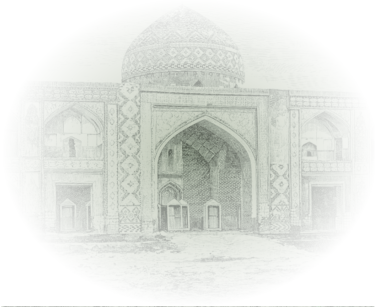Ranjbar or Shor Kolanli is a village in the Iravan uezd of the former Iravan governorate, later in the former Zangibasar (Masis) district, and currently in the Ararat province. The provincial centre lies 20 km to the northwest of the town of Gamarli, on the banks of the Araz River, at a height of 830 m above sea level. Before the formation of the former Zangibasar (Masis) district, it had been within the former Uchkilsa (Echmiadzin, Vagharshapat) district. Another name for the village was “Shor Kolani”. The village was also called “Rashbari Jafarkhan”, because it belonged to Jafarkhan bey. In official documents the village was noted as Ranjbar.
The village was inhabited by 197 Azerbaijanis in 1873, 230 in 1886, 405 in 1897, 229 in 1904, 431 in 1914 and 300 Azerbaijanis in 1916. In the spring of 1918 the Azerbaijanis were deported, having been exposed to aggression by Armenian armed groups. After the establishment of Soviet power in the territory of present-day Armenia, the surviving Azerbaijanis were able to return to their ancestral lands. The village was solely inhabited by Azerbaijanis: 136 in 1922, 204 in 1926 and 389 Azerbaijanis in 1931. The village was populated by 418 people in 1959 and 1,024 people in 1979. Several Muslim Kurdish families also settled in the village. In November-December 1988, the population of the Ranjbarli village were deported from their historical-ethnic territories by the state of Armenia. At present, the village is inhabited by Armenians.
The toponym was coined on the basis of the word “shor” used in the meaning of “saline, salty” and the Turkic ethnonym “Kolani/Kolanı” (the Persian written form of the tribal name “Kolanlı”).
According to the law “On the administrative-territorial division of the Republic of Armenia” dated 7 November 1995, it was integrated into the administrative area of the Ararat province.
Geographic coordinates: latitude 40°01’ N., longitude 44°22’ E.
